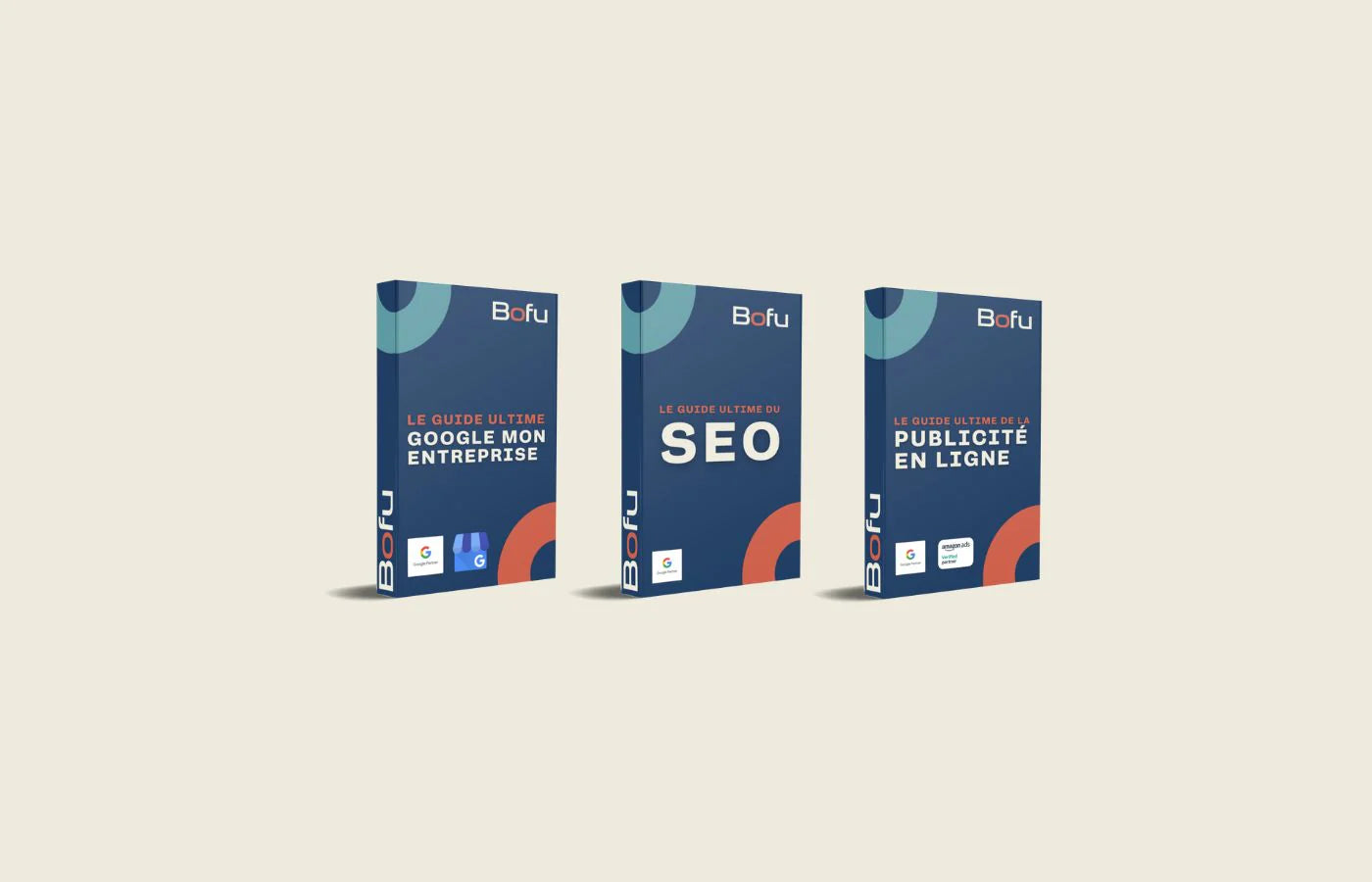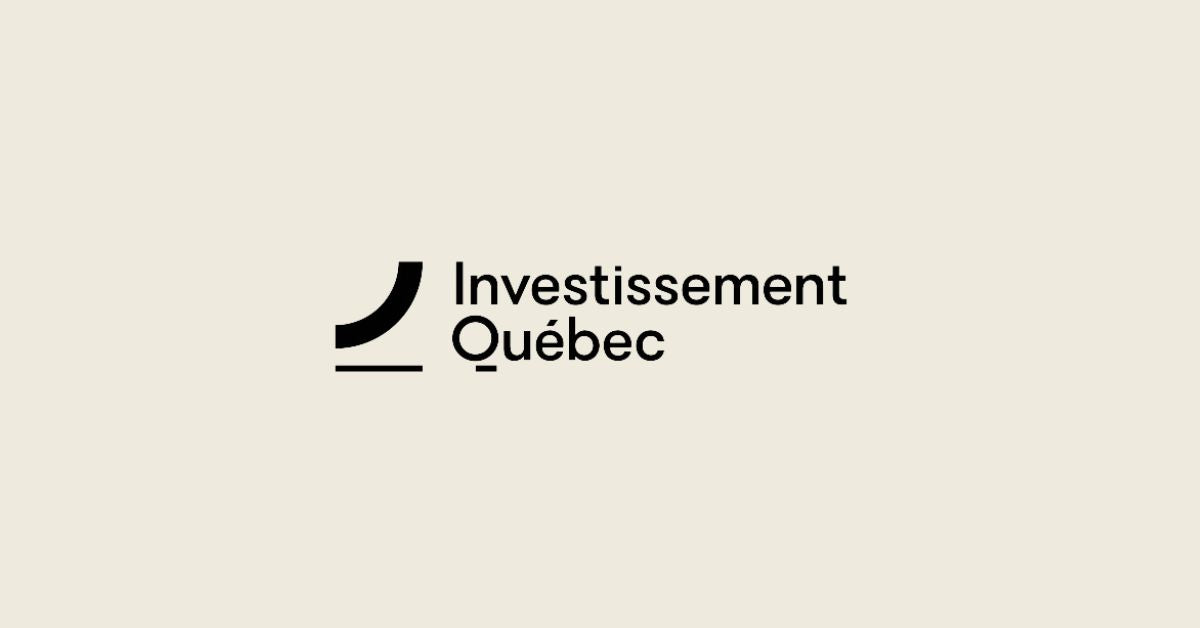The imminent adoption of Bill C-59 marks a major turning point for businesses in Canada in 2024. This new legislation, intended to combat greenwashing, aims to reform the Competition Act by imposing strict requirements on businesses to that they document and justify their environmental claims.
At Bofu Agence Marketing, we are committed to respecting these new regulations and promoting sustainable and ethical practices in the field of marketing and sales to our clients and. collaborators.
Legal Implications and Penalties
Bill C-59 directly targets greenwashing, which consists of giving a false ecological image of a product, service or practice. Companies unable to prove their environmental claims risk heavy penalties.
Individuals face fines of up to $750,000 for a first offense and $1 million for a repeat offense. Companies can be hit with penalties of up to $10 million or 3% of gross annual global revenue, whichever is greater. In the event of a repeat offense, these fines can rise to $15 million.
(source: Justice Canada ).
“Bill C-59 will require companies to provide solid evidence of their environmental claims, allowing consumers to make more informed choices,” explains Julien Beaulieu, lawyer and researcher at the Quebec Environmental Law Center (CQDE). ) in the article by Anthony Côté from Équiterre .
These measures aim to ensure that consumers have truthful and transparent information to make informed purchasing decisions. At Bofu, we see this as an opportunity to build trust with our customers and partners by demonstrating our commitment to honest and sustainable business practices.
Impact on businesses
Small and large businesses will have to adapt to these new requirements, which could represent a challenge, but also an opportunity to improve their transparency and environmental responsibility. Companies will need to ensure that their environmental declarations are based on sufficient and appropriate evidence.
Comparison with international initiatives
Canada joins other jurisdictions like California, where a law requires companies to disclose information supporting their environmental claims. In France, advertisements with claims like “carbon neutral” must include a QR code linking to supporting data. South Korea and the European Union are also taking similar steps to counter greenwashing.
“Greenwashing is a deceptive practice that harms the global ecological transition. Legislation like Bill C-59 is essential to holding businesses accountable,” says Leah Temper, director of the health and economic policy program at ACME as read in the article by Anthony Côté from Équiterre .
Examples of Greenwashing
Recent cases of greenwashing, such as Keurig Canada's claims of recyclability of coffee capsules , show the importance of this legislation.
The Competition Bureau has already taken significant action against these practices, but Bill C-59 will strengthen these efforts by shifting the burden of proof to businesses. Another example is the removal of content by an oil group due to Bill C-59, as reported by La Presse .
Greenwashing Statistics and Data
Greenwashing has become an increasingly common problem as consumer demands for ESG transparency increase, according to government data. A recent study found that nearly 70% of consumers consider ESG information in their purchasing decisions, reinforcing the need for strict regulations like Bill C-59.
For more details on the legal requirements of Bill C-59, see government resources and specific information on the bill .
Bofu: A commitment to sustainability and technology
Bofu Agence Marketing is proud to be certified 100% carbon neutral GOLD by the firm LCL Environnement. We also contribute to the Shopify Planet environmental fund through our online product sales. These initiatives illustrate our dedication to reducing our carbon footprint and supporting environmental projects around the world.
In addition, we plan to begin the process towards B Corp certification by the end of 2024. This certification certifies the highest standards in terms of social and environmental performance, transparency and legal responsibility. It represents our commitment to integrating social and environmental objectives into our business model.
ESG practices at Bofu
In addition to our environmental commitment, we have implemented robust social practices. Le Ciel supports local initiatives aimed at improving the quality of life of communities. Furthermore, our Partner Agency program aims to create a collaborative network with other agencies sharing our values, in order to promote ethical and sustainable practices in marketing through authentic and local relationships.

Conclusion
The end of 2024 marks an important milestone for businesses in Canada with the coming into force of Bill C-59. At Bofu Marketing Agency, we are ready to meet this challenge by strengthening our commitment to transparency, sustainability and innovation.
We firmly believe that ethical marketing and sales practices are not only a legal obligation, but also a competitive advantage in an increasingly environmentally and socially conscious market.
















